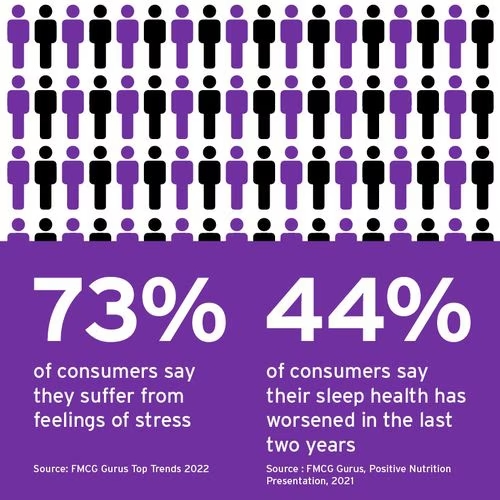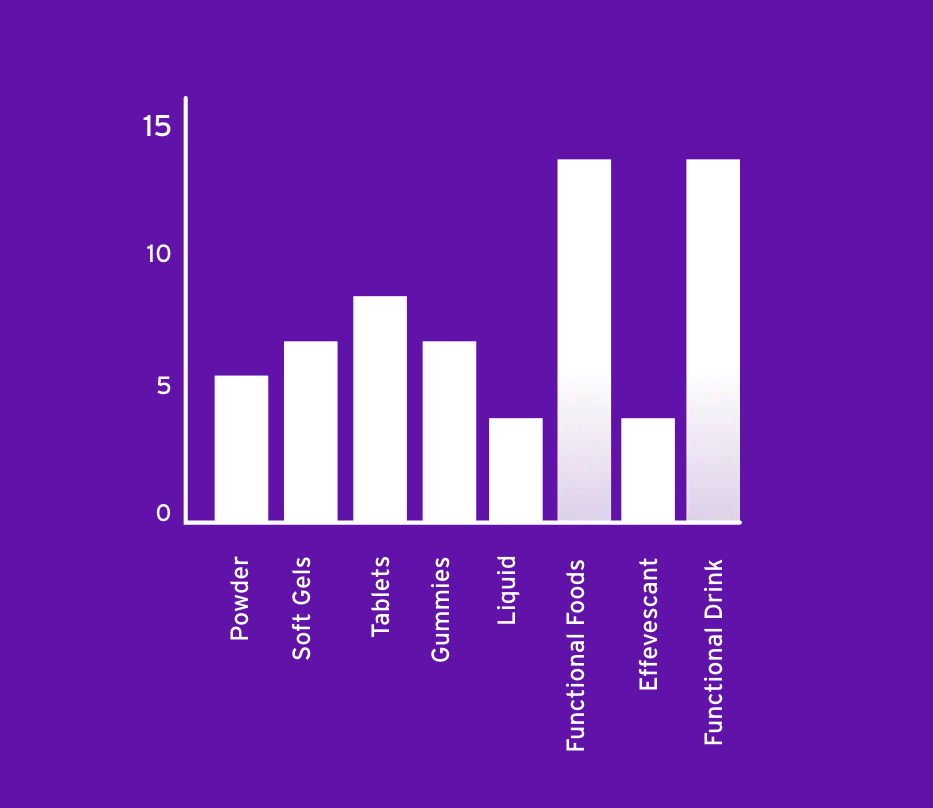The health and economic costs of poor sleep
Sleep deprivation is a serious issue. Because not enough sleep or poor-quality sleep can lead to all manner of health issues in both the short and longer term1. Next-day negative effects can include lack of energy, clumsiness, impaired attention span and memory recall1.
Further down the line, sleep deprivation has been associated with many serious health problems, such as stress, anxiety, depression, obesity, diabetes, weakened immune system and lower life expectancy2.
The knock-on effects are profound too. Fatigue adversely affects our moods and our relationships, it can mean we don’t perform as we should at school or at work, and it can lead to costly mistakes and accidents1-2.
Across five prominent OECD countries, inadequate sleep is estimated to cost a combined US$680 billion a year, due to lost productivity, medical expenses, sick leave and environmental damage. This equates to an average of 2% of GDP3.
1 Krause, 2017; 2 NSF, Sleepfoundation.org, 2020, NHS, 2018.

